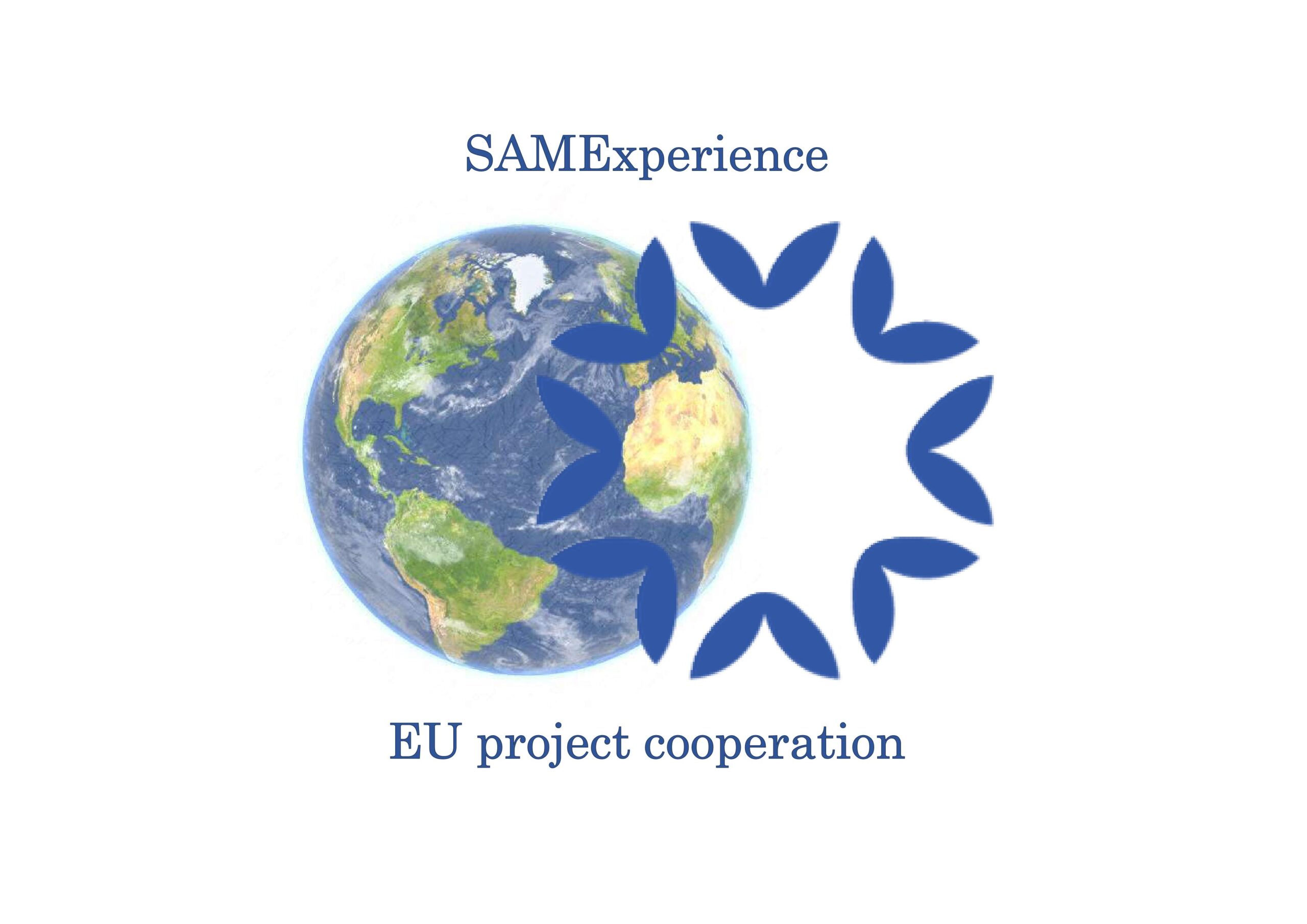
In a globalised and interconnected world, the significance of international cooperation in research is crucial. European research projects exemplify how collaborative efforts drive scientific and technological advancements by integrating diverse expertise and resources across borders.
Successful international cooperation in European research projects relies on implementing best practices, including clear communication channels, defined roles and responsibilities. Effective project management frameworks ensure that each participating entity contributes to and benefits from the collaboration, optimizing resources and expertise. Sharing knowledge and open access to research results foster innovation and prevent duplication. International cooperation could tackle complex global challenges like climate change and public health, promotes cultural exchange, and enriches research processes.
Moreover, European project ‘partners have the possibility to sign an association agreement, which represents the strongest instrument of collaboration with a Third Country in the field of R&I, such as to allow access to European funding for the entities established in the Countries associated to the Programme, like those established in a Member State. Therefore, an entity established in a non-associated third country will have to bear the cost of its participation in Horizon Europe, or use co-financing mechanisms provided, if appropriate, by national funding bodies.
The European Union’s strategy for international cooperation in research and innovation focuses on the commitment to addressing global challenges through collaborative efforts. This strategy aims to create synergies with international partners, enhancing the EU’s role as a global leader in research and innovation. By fostering strategic partnerships and aligning research priorities, the EU aims to maximize the impact of its research investments, contributing to global knowledge and societal progress.
In this context, the University of Foggia aims to promote cooperation, synergy and continuity between European projects, as demonstrated by the COREnet and SAMExperience projects. Both projects aim to collect good practices in two different fields: agro-economics and alliance-management fields; Indeed, several references and links with other past and upcoming projects are being collected. Look at: https://shortfoodchain.eu/fellow-projects/ . It is not by chance that in both projects, the need to highlight links/references with other European and national projects, or other institutional websites emerges among the fixed KPIs.
In conclusion, international cooperation among European research projects exemplifies the power of collaboration in advancing scientific and technological frontiers. By adhering to best practices, sharing knowledge, and addressing global challenges collectively, these projects drive innovation and promote a culture of openness and inclusivity. As we navigate the complexities of the modern world, the spirit of cooperation and shared purpose embodied in these projects serves as a beacon of progress and hope. The EU’s strategic approach to international cooperation further reinforces this commitment, ensuring that European research continues to contribute to global solutions and advancements.
Written by University of Foggia team (Italy)

